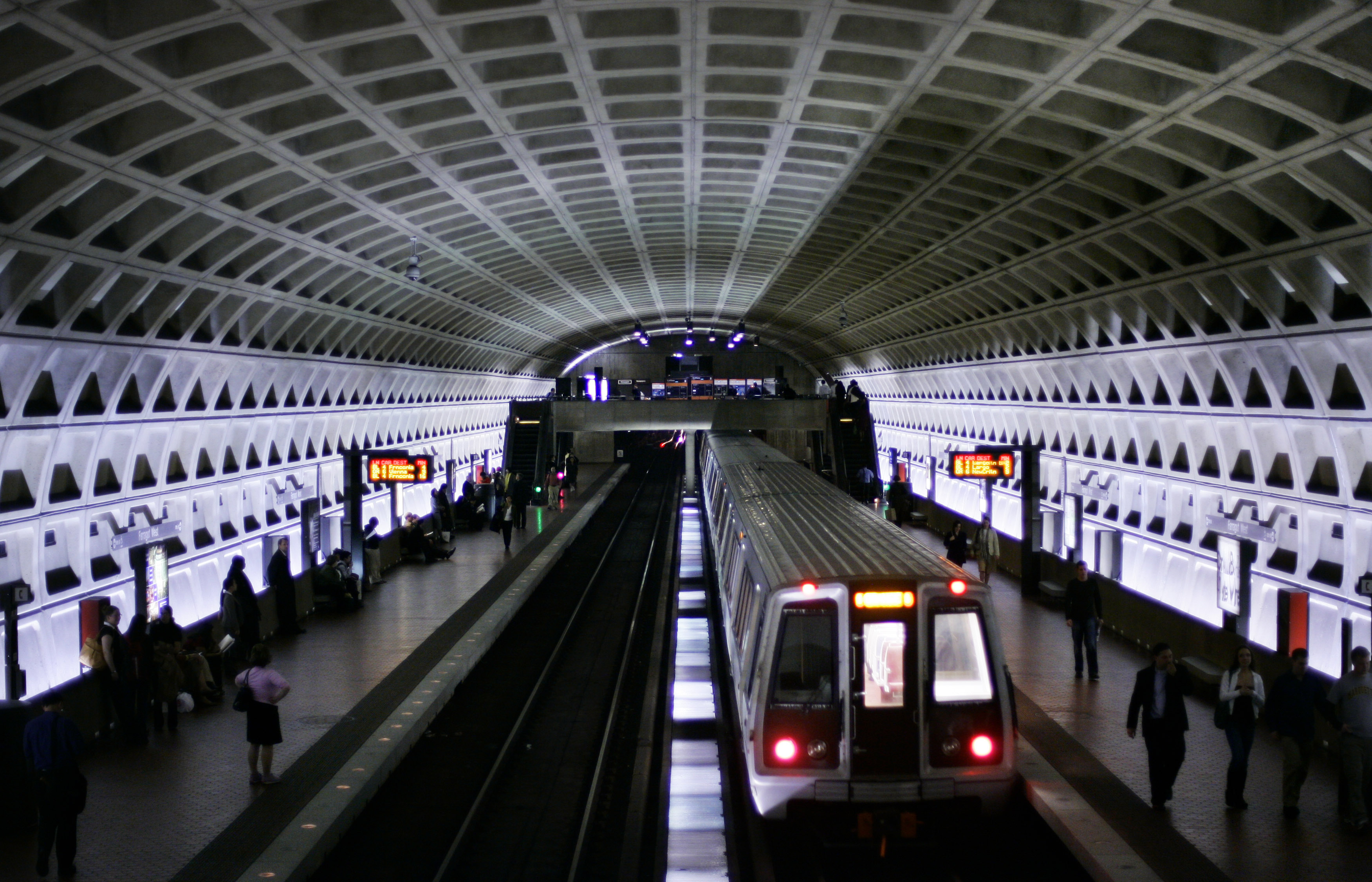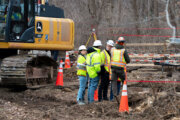WASHINGTON — What does it take to become a track inspector at Metro, where inspections have failed to detect some serious problems for years? Little experience and an application.
It’s supposed to take at least a year of experience working on the tracks, but a review found that Metro often hires track walkers off the street, and gives them just 18 weeks of training.
Failures in inspections and documentation of inspections are among the central questions in a criminal investigation tied to last month’s derailment outside East Falls Church. Metro Chief Safety Officer Pat Lavin said last week that the problem with inspectors and inspections isn’t just training; it’s a lack of institutional knowledge.
Robert Lauby, a Metro Board member and chief safety officer for the Federal Railroad Administration, asked Lavin last week whether inspectors have the information they need to keep people safe.
“I think it depends on which track inspector you go to,” Lavin responded.
Lavin and recently hired Metro Chief Operating Officer Joseph Leader, both of whom worked in New York for decades, said that’s now an issue across the industry, not just at Metro.
“That was a seniority job many years ago,” Leader said; “if you didn’t have 15 or 16 years on the job, you didn’t get it, and I think the workforce has changed a little, and what you see now is, through attrition and either promotions or people leaving because of retirements, you’ve seen that go down.”
The review, by the American Public Transportation Association finds that track inspectors face no practical tests, don’t do their prescribed jobs and don’t even have the tools they need and may not even know what they’re looking for.
“Track inspection personnel must have a level of proficiency beyond what presently exists,” the review read, adding, “There is no incentive for existing WMATA employees to become a Track Walker which is, in fact, a vital safety function.”
The review from APTA, a group of transit professionals from across North America, agrees with several scathing Federal Transit Administration reports that found track inspectors who did not know how to do their jobs and other serious issues. It was only made public a few days ago, but was released in April, well before last month’s derailment.
The FTA report showed a majority of track inspectors working at Metro now have less than two years of experience. That experience is even less than it seems, since many Metro track inspectors are now hired off the street, rather than moving to the job after what used to be a required minimum of one year of experience as a track worker.
The APTA review, which was requested by Metro General Manager Paul Wiedefeld, identified problems with supervision, as well.
“There does not appear to be any formal quality control program to monitor Track Walker functions carried out on line, and there does not appear to be any formal process in place for supervisors to walk and inspect track,” the review read.
The review also found: “The training does not provide a formal mentoring program for Track Walkers nor does it provide on-going training, specialized modules or workshops. Recertification and re-qualification appears to be limited to a one hour activity that centers largely on validating an employee’s measurement skills. Additionally, there does not appear to be a training or on-going training program for supervisors who oversee the Track Walkers.”
“What I would like to know is, ‘What are my managers doing?’” Leader said Thursday. “They should be setting up throughout the year and be thinking about things — which areas should I look into? What rock do I uncover? And that’s some of the practices I would like to bring here because I don’t think they’re doing it right now.”
The review has led to a series of contracts for new training for track walkers, an overhaul of training manuals and a new outside review from scratch of the track problems that exist in the Metro system today.
Additional problems in the APTA report identified included tunnels without enough light for proper inspections and major training failures, and recommendations include improved documentation of inspections, better communication among Metro’s various departments and simply cleaning up tunnels where debris is left behind.
Metro launched its round-the-clock track work after the report was issued. The schedule that was finalized in late May has since been revised due to track issues found in special inspections after last month’s derailment.







